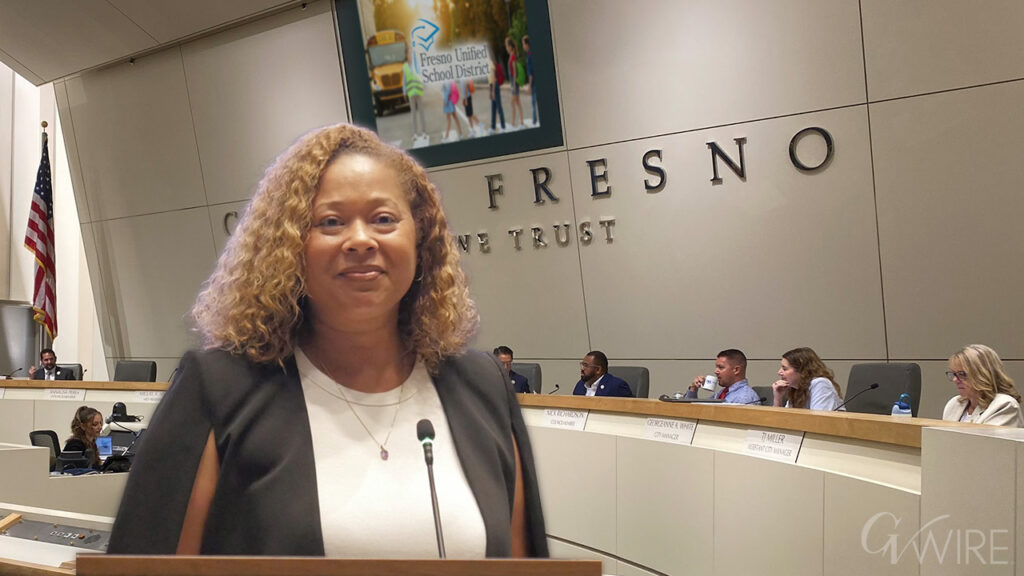Share
WASHINGTON — City frogs and rainforest frogs don’t sing the same tune, researchers have found.
These frogs take advantage of the relative absence of eavesdropping predators in cities to belt out longer love songs, which are more alluring to female frogs.
Tungara frogs don’t croak like American bullfrogs. To human ears, their distinctive call sounds like a low-pitched, video-game beep. To female frogs, it sounds like pillow talk.
Every evening at sunset, the 1-inch male brown frogs crawl into puddles to serenade prospective mates. The lady frog selects a mate largely based on his love song.
Urban Frogs Call Faster, More Frequently
Researchers found that the urban frogs call faster, more frequently and add more embellishments — a series of staccato “chucks” on the end of the initial whine — compared with those in the forest.
Those fancy urban love songs are three times more likely to attract the ladies, as scientists learned by playing back recordings of both city and forest frog calls to an audience of female frogs in a laboratory. Thirty of 40 female frogs hopped over to the speaker playing the urban frog calls, the researchers report in the journal Nature Ecology & Evolution.
Whether the female frogs hailed from the city or forest themselves, they showed the same preference for fast-paced, complex crooning that combines high and low tones in quick arrangements.
Study co-author Michael J. Ryan, a biologist at the University of Texas who has studied tungara frogs for more than 30 years, said that the high and low notes likely stimulated the inner and outer ear chambers of female frogs in a pleasurable or interesting way.
So why don’t rainforest frogs sing the same way?
Attracting a Mate and Staying Safe
The scientists set out to confirm their hypothesis that frogs that added extra high-pitched “chucks” attracted not only more mates, but also more trouble from frog-eating bats and parasitic midges. With the help of camera traps and sticky paper, the researchers demonstrated that extended frog calls significantly increased the risk of attracting predators.
In the city, there are no frog-eating bats, and far fewer snakes and midges. The male frogs are freer to belt their hearts out.
“An urban male can take greater risks,” said lead author Wouter Halfwerk, an ecologist at Vrije University in Amsterdam.
A town frog also has to work harder to find a mate because lady frogs are rarer in the city. “Competition for females increases,” said Halfwerk. “The best adaptation is to be the most attractive, with an elaborate love song.”
But Not All Amphibians Are as Lucky
Corinne Lee Zawacki, a biologist at the University of Pittsburgh who was not involved in the study, said the researchers’ methodology confirmed that urbanization is the reason for the call changes.
But not all amphibians are as lucky as Panama’s tungara frogs.
“Amphibian populations are declining worldwide, mostly due to habitat destruction,” said Andrew Blaustein an ecologist at Oregon State University, who was not involved in the study. “This is a rare case — and a very interesting case — of an animal adapting quickly, in evolutionary terms, to new circumstances.”
RELATED TOPICS:
Pentagon Working on Plans for Military Deployment in Chicago, Washington Post Reports
7 hours ago
VP Vance Says Russia Has Made Significant Concessions Toward Ukraine Peace Deal
7 hours ago
Israel Strikes Yemeni Capital Sanaa
7 hours ago
Hegseth Authorizes Troops in DC to Carry Weapons
1 day ago
Fresno Police Fatally Shoot Man Armed With Knives After Standoff
15 minutes ago
Categories

Fresno Police Fatally Shoot Man Armed With Knives After Standoff

Why Epstein’s Furious Grip on Washington Holds

US Envoy Meets Netanyahu on Lebanon and Syria, Israeli Officials Say

Pentagon Working on Plans for Military Deployment in Chicago, Washington Post Reports

VP Vance Says Russia Has Made Significant Concessions Toward Ukraine Peace Deal

Israel Strikes Yemeni Capital Sanaa










